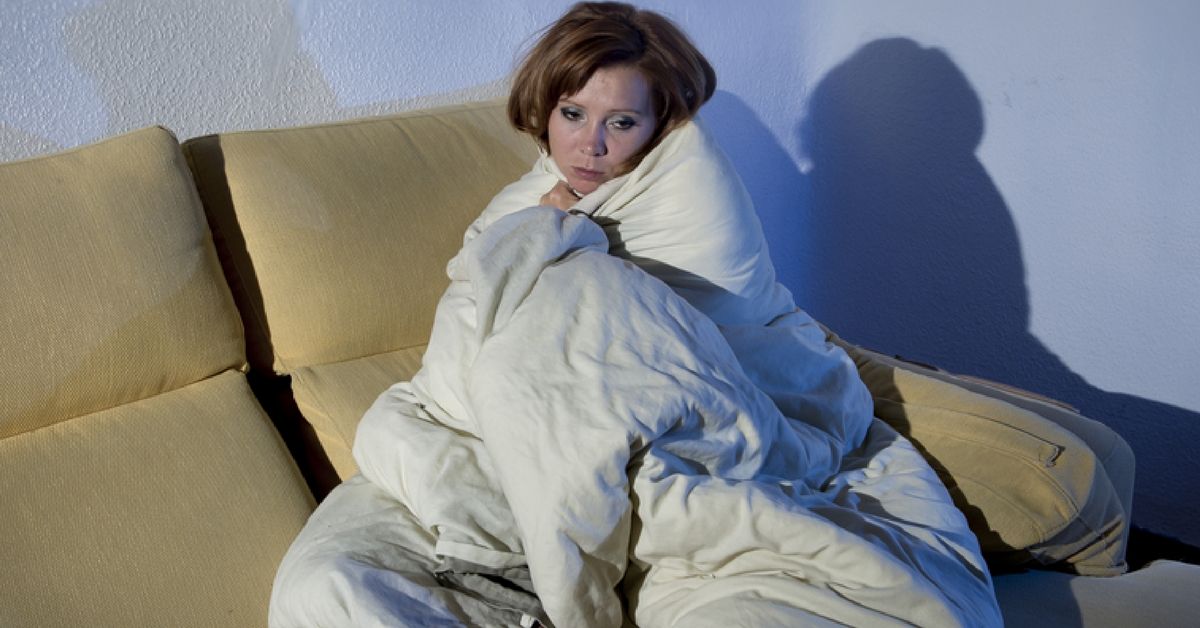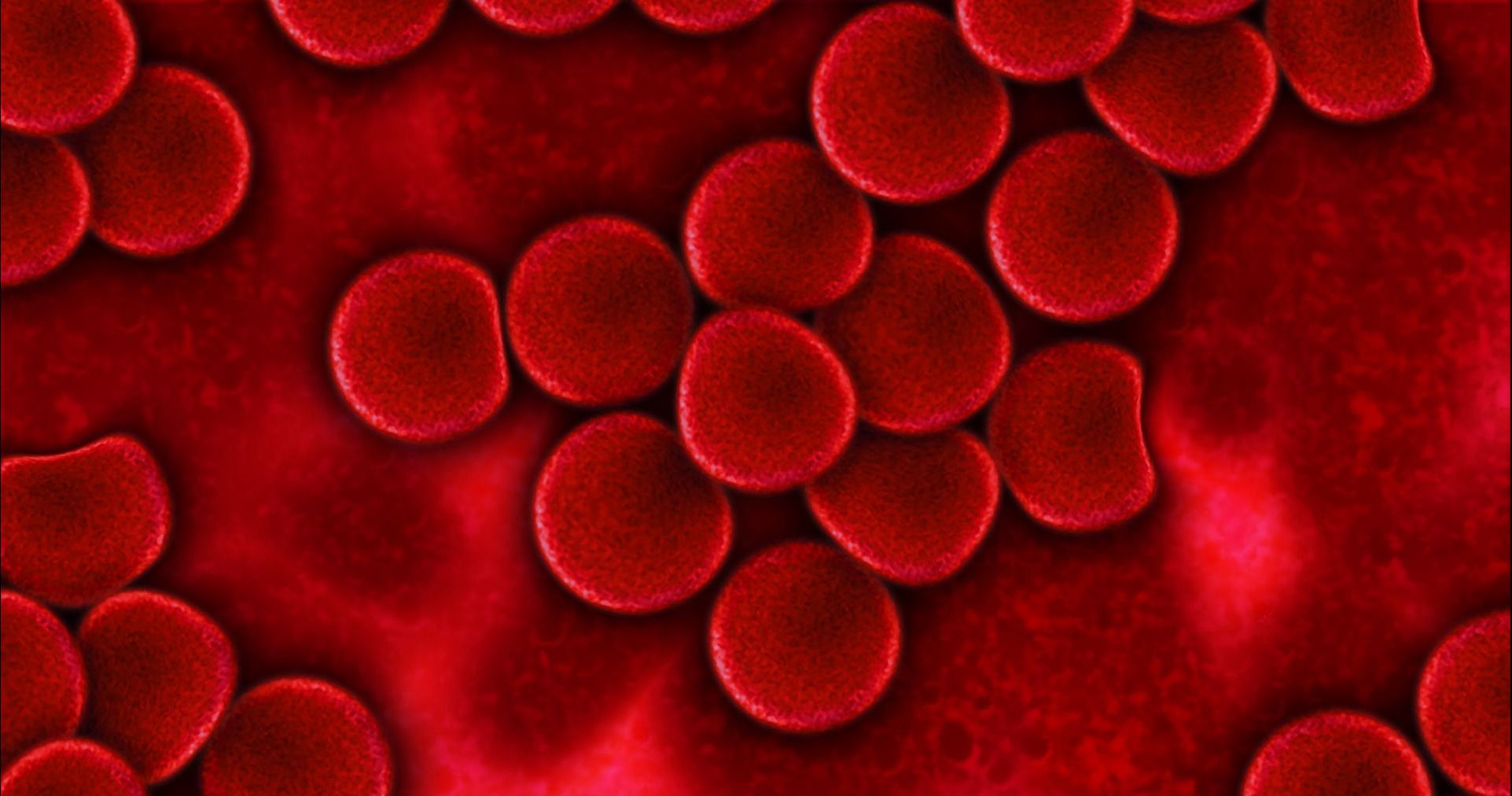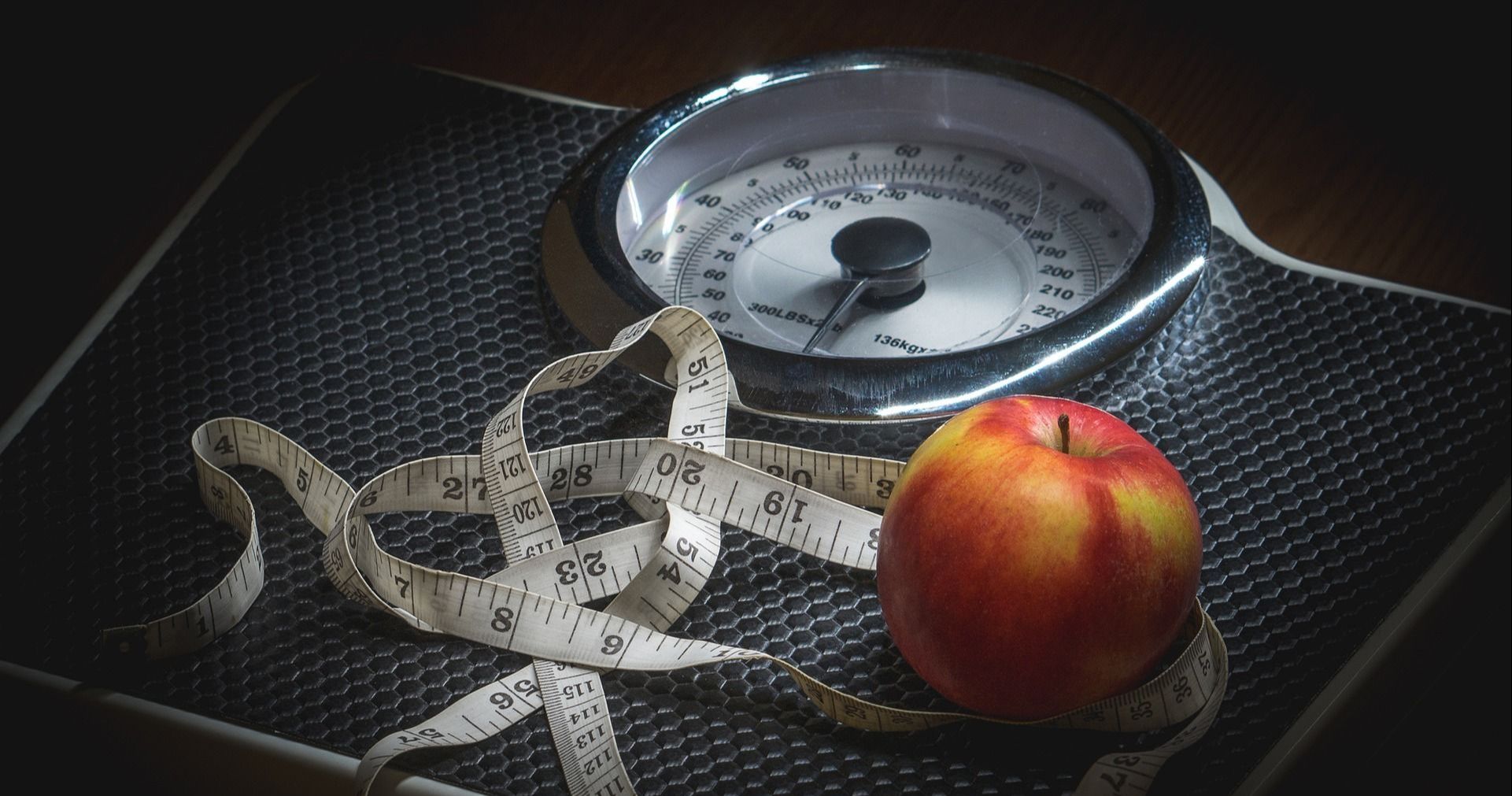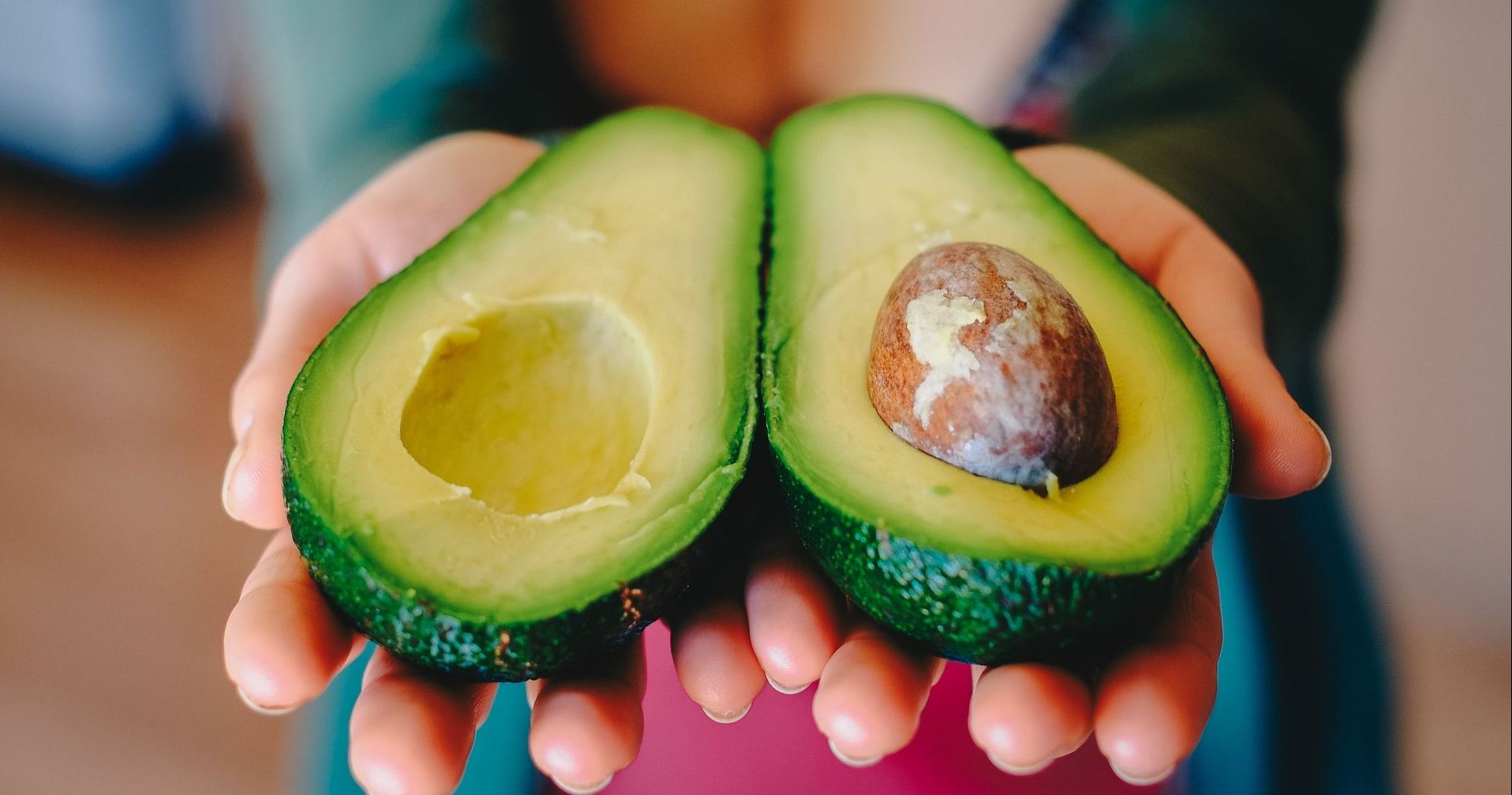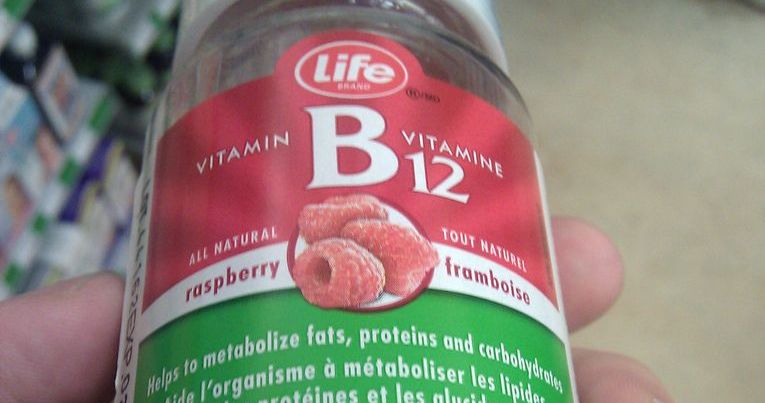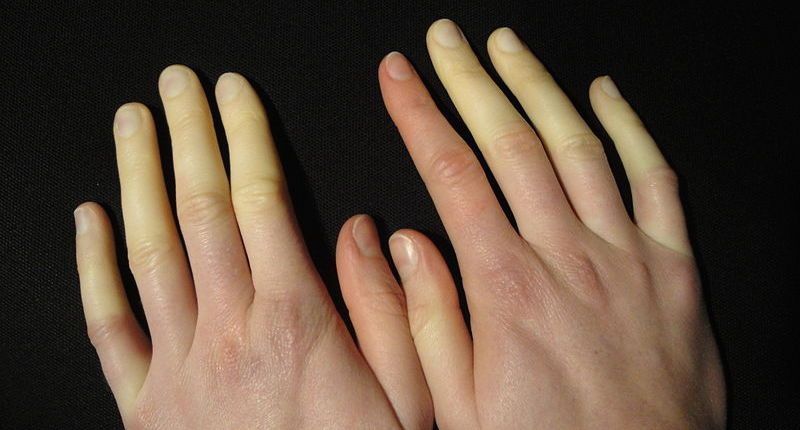It's normal to feel a little colder than usual during the winter months or when the air conditioner is blasting. However, if you often find yourself feeling chilly even on the hottest summer day in July, frequently wearing extra layers, or your hands and feet constantly feel like icicles, then something may be off.
According to multiple experts, including Sami Karjalainen of the VTT Technical Research Centre in Finland, "females are more sensitive than males to a deviation from an optimal temperature."
Women's bodies produce less heat than men's, in fact, female bodies are three to 10 percent cooler. This is mainly because men burn more calories and their bodies "contain much more heat-generating muscle," according to realclearscience.com.
While this is a valid biological explanation, there are several other reasons why you feel perpetually cold, including your underlying medical conditions, sleep, diet and exercise habits.
So without further ado, here are 10 possible reasons why you always feel cold:
1. You have poor circulation
Poor circulation means there's a shortage of red blood cells in your body. These cells are responsible for carrying oxygen throughout the body, so when there isn't enough of them, major organs, like the brain, have first dibs on the oxygen, leaving your hands and feet with very small amounts. This is why sometimes your extremities feel frozen while the rest of the your body feels slightly warmer.
2. You have an iron deficiency
Iron improves circulation by helping the red blood cells move oxygen throughout the body, so when your body isn't getting enough of this mineral, it could contribute to a number of conditions, including feeling constantly cold and hyperthyroidism.
3. You have a thyroid problem
The American Thyroid Association (ATA) estimates that one in eight American women will develop a thyroid disorder during their lifetime, and approximately 60% of people with the condition are unaware of it. Hypothyroidism, which occurs when your thyroid isn't secreting enough hormones, causes your metabolism to slow down and your body to lose the ability to warm itself. So it's really important to get your thyroid checked to ensure it's working properly.
4. You are underweight
When you're underweight, your body doesn't have enough fat stored to keep you warm. Your metabolism also slows down to conserve energy because your body thinks you're starving. As a result, your body won't burn enough calories, leading to cold intolerance.
5. You're not eating enough fats
Contrary to popular belief, fat isn't your enemy. Fatty foods like avocados and nuts play an important role in regulating your body temperature. This is why you crave comfort foods on colder days.
6. You have a vitamin B12 deficiency
While iron helps the red blood cells move oxygen around, vitamin B12 is needed to make these important cells. You can get this vitamin from eggs, dairy products, fish and chicken, but it's important to pay attention to whether or not your body is absorbing it properly.
7. You have Raynaud's Syndrome
The rare disease causes some parts of your body, like your fingers and toes, to feel cold and numb as a stress response to cold temperatures. The small arteries that supply blood to your extremities become narrow, which leads to limited circulation. If you think you might suffer from Raynaud's syndrome, tell your doctor so they can provide you with treatment options.
8. You don't consume enough protein
Your body temperature rises when you start digesting food, especially when you eat a protein-heavy meal. Protein increases your diet-induced thermogenesis (DIT) which helps your body increase and retain heat.
9. You're not getting adequate sleep
If your sleeping habits are out of whack then it's time to do to something about it because this could be the reason why you're always cold. Lack of sleep messes with your hypothalamus, which is the part of the brain that regulates temperature among other things. Also, fatigue from lack of sleep can have a toll on your metabolism, and you know how much that can affect your body.
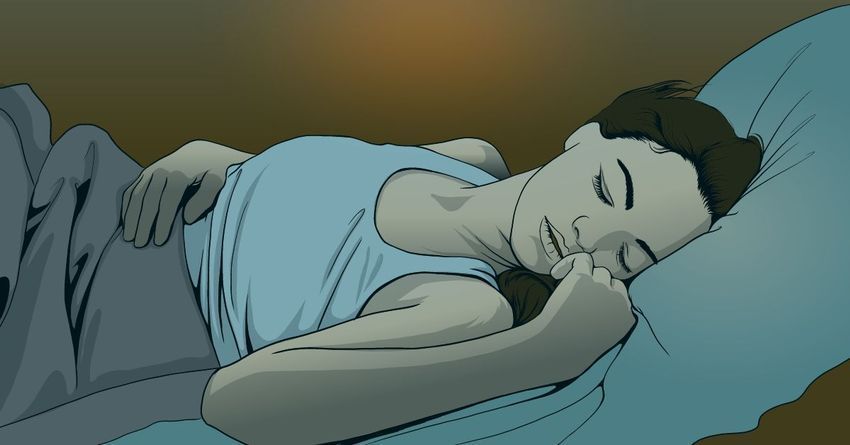
10. You're not drinking enough water
Dehydration lowers your blood pressure (reduced circulation), slows down your metabolism, and allows heat to escape your body faster. So drink up!
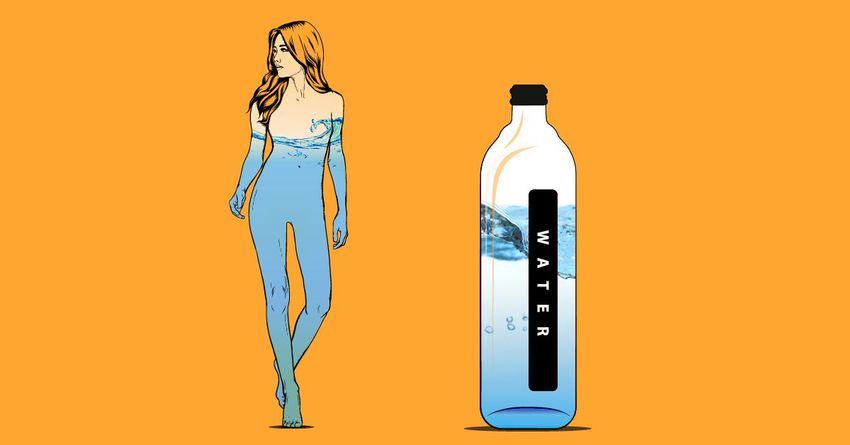
Do you or someone you know always feel cold? Let us know in the comments!
